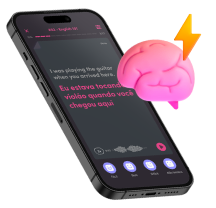Walk ‘n’ Talk: Let’s close up!

Você já se sentiu tão entediado no trabalho ou na escola que gostaria de ter mais tarefas para fazer? Confira este episódio para descobrir o que os personagens dizem sobre seu dia chato!
Navegue pelo conteúdo
Hey, how is it going? Seja muito bem-vindo(a) a mais um episódio do Walk ‘n’ Talk Level Up!
No episódio de hoje, você vai ouvir um diálogo entre dois colegas de trabalho lidando com um dia muito entediante. Sabe aquele momento em que o tempo parece não passar e nada acontece? Pois é… além de se identificarem com a situação, os personagens também usam expressões super comuns e naturais para falar de tédio, cansaço e esforço.
Não se esqueça de repetir todas as frases em voz alta com a teacher Liv para treinar sua pronúncia e ganhar mais confiança no inglês do dia a dia!
Let’s go!
Diálogo
Rachel: I’m bored out of my mind.
(Estou entediada até não aguentar mais.)
Ethan: Tell me about it. We’ve had maybe three customers in the last hour.
(Nem me fale. Tivemos, no máximo, três clientes na última hora.)
Rachel: And two of them didn’t buy anything.
(E dois deles não compraram nada.)
Ethan: At least it’s close to closing time. Are you scheduled to do inventory?
(Pelo menos está perto da hora de fechar. Você está escalada para fazer o inventário?)
Rachel: Yep. 4 a.m. on Friday.
(Sim. Às 4 da manhã de sexta-feira.)
Ethan: That’s rough. You’re gonna have to be up bright and early.
(Que dureza. Você vai ter que acordar de madrugada.)
Rachel: Don’t I know it. But you know, the early bird gets the worm and all that…
(Nem me fale. Mas você sabe, Deus ajuda quem cedo madruga e tudo mais…)
Expansão de Vocabulário
| Inglês | Português | Exemplo em inglês | Tradução em português |
|---|---|---|---|
| Bored out of my mind | Entediado até não aguentar mais | I was bored out of my mind during that meeting. | Fiquei entediado até a alma naquela reunião. |
| Tell me about it | Nem me fale / Eu sei bem como é | Mondays are hard. — Tell me about it. | Segunda-feira é difícil. — Nem me fale. |
| Bright and early | De madrugada / bem cedinho | I woke up bright and early to study. | Acordei bem cedinho para estudar. |
| The early bird gets the worm | Deus ajuda quem cedo madruga | I want to succeed, so I’m always early. The early bird gets the worm. | Quero ter sucesso, por isso estou sempre cedo. Deus ajuda quem cedo madruga. |
| To be scheduled | Estar escalado / agendado | I’m scheduled to work the night shift. | Estou escalado para o turno da noite. |
| Inventory | Inventário | We have to do inventory every Friday morning. | Temos que fazer o inventário toda sexta de manhã. |
Exercícios para praticar
1️⃣ Traduza as frases abaixo para o inglês:
a) Eu estava tão entediado que quase dormi.
b) Acordei de madrugada para terminar o trabalho.
2️⃣ Complete a frase com o vocabulário aprendido:
-
We’ve had no customers today. I’m __________ out of my mind!
-
I have to be at work at 5 a.m. tomorrow — __________ and early, right?
-
I hate doing __________, but someone has to do it.
3️⃣ Crie uma frase usando a expressão “the early bird gets the worm”:
(Resposta livre)
Respostas
1️⃣
a) I was so bored I almost fell asleep.
b) I woke up bright and early to finish the work.
2️⃣
-
We’ve had no customers today. I’m bored out of my mind!
-
I have to be at work at 5 a.m. tomorrow — bright and early, right?
-
I hate doing inventory, but someone has to do it.
3️⃣
(Resposta livre)
Gostou do episódio? Continue sua jornada no idioma e confira nosso curso de inglês completo para se aprofundar ainda mais! 📚
Bye bye!
Fluency Inglês
Memorize este conteúdo agora
Adicionar o deck da aulaPlaylist




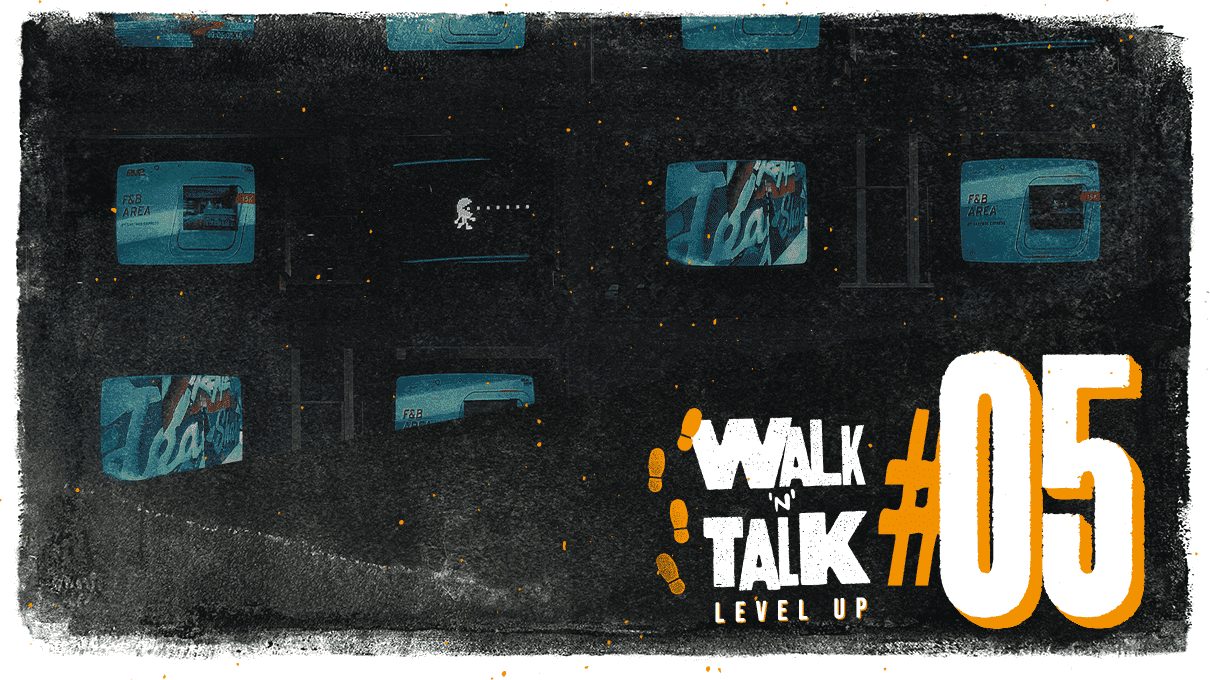
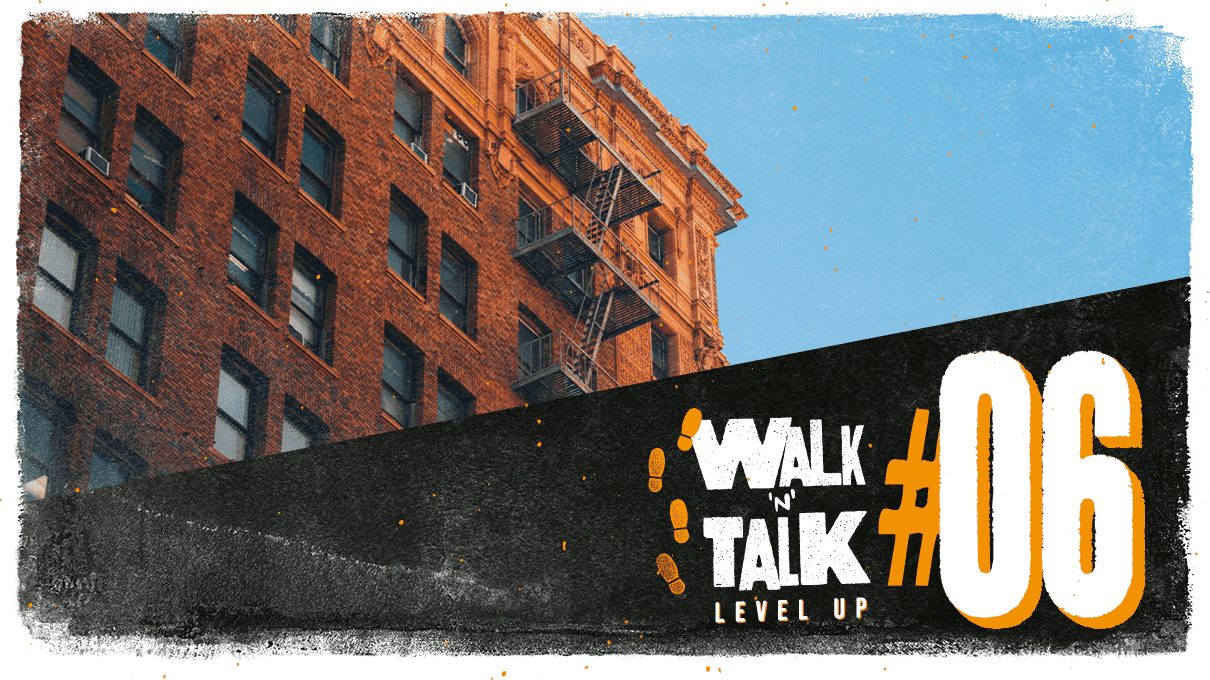




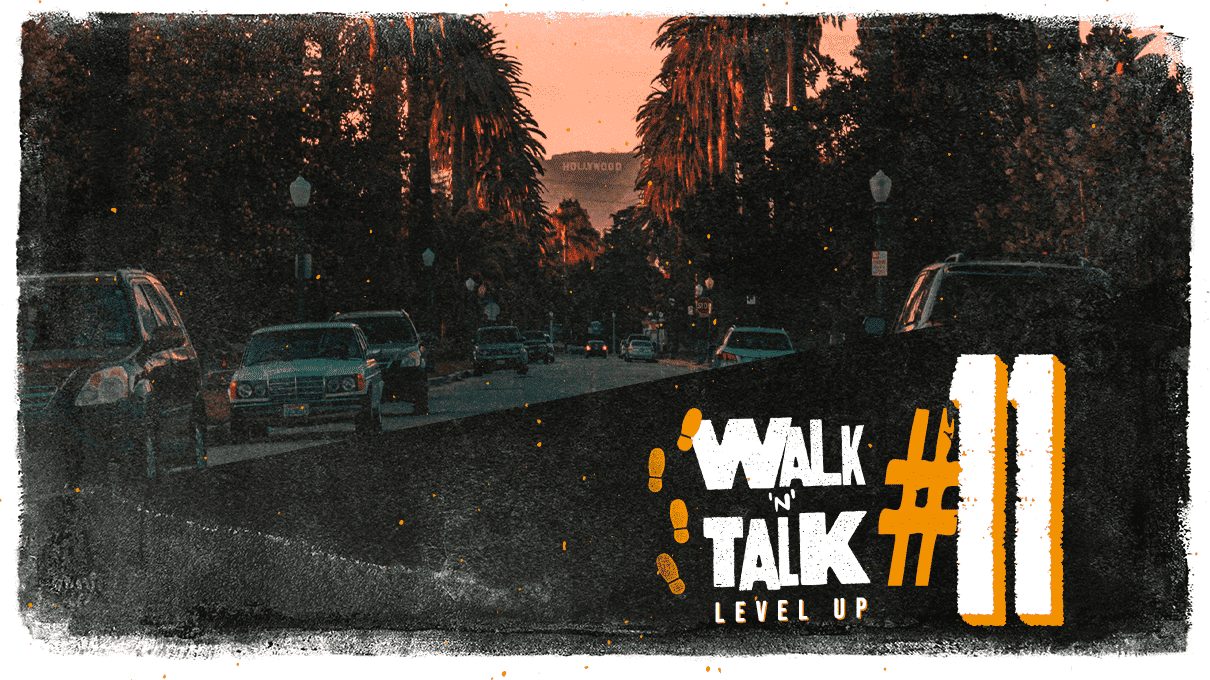

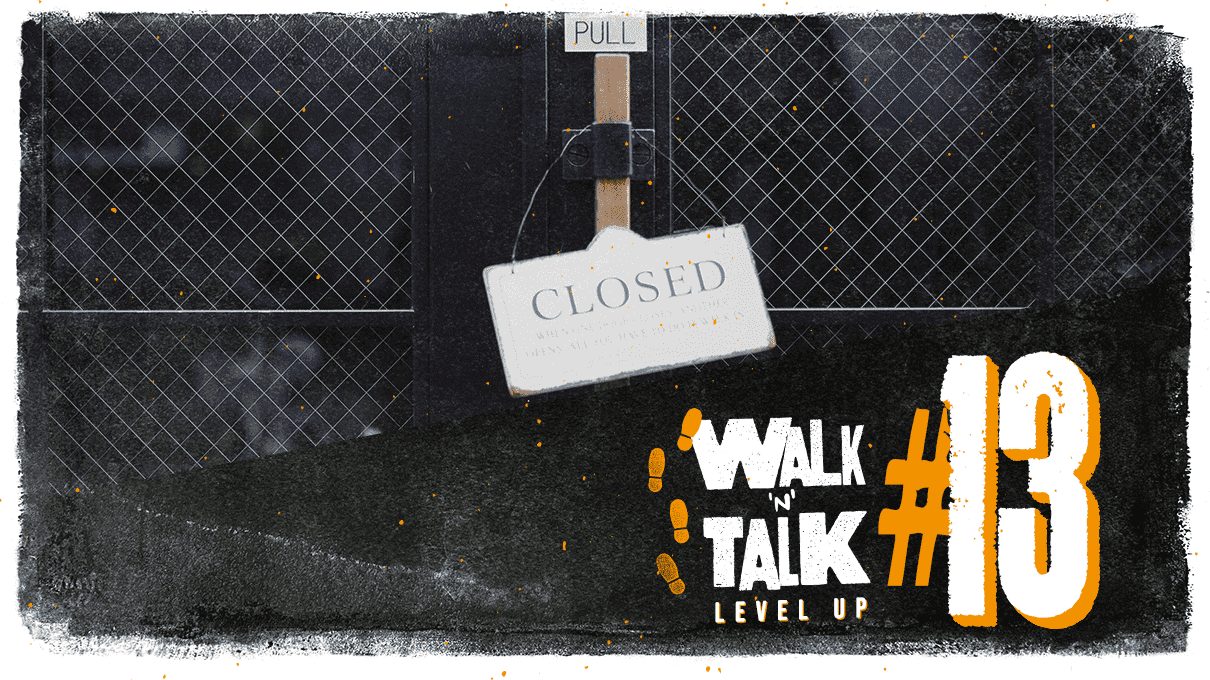






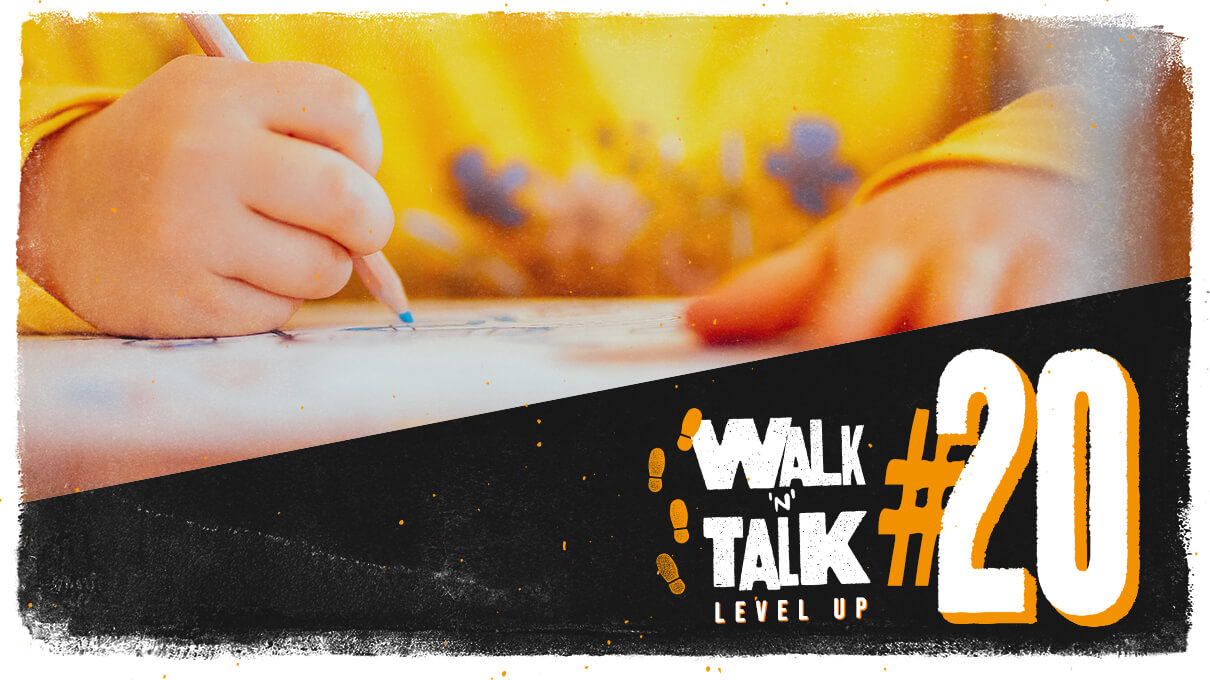


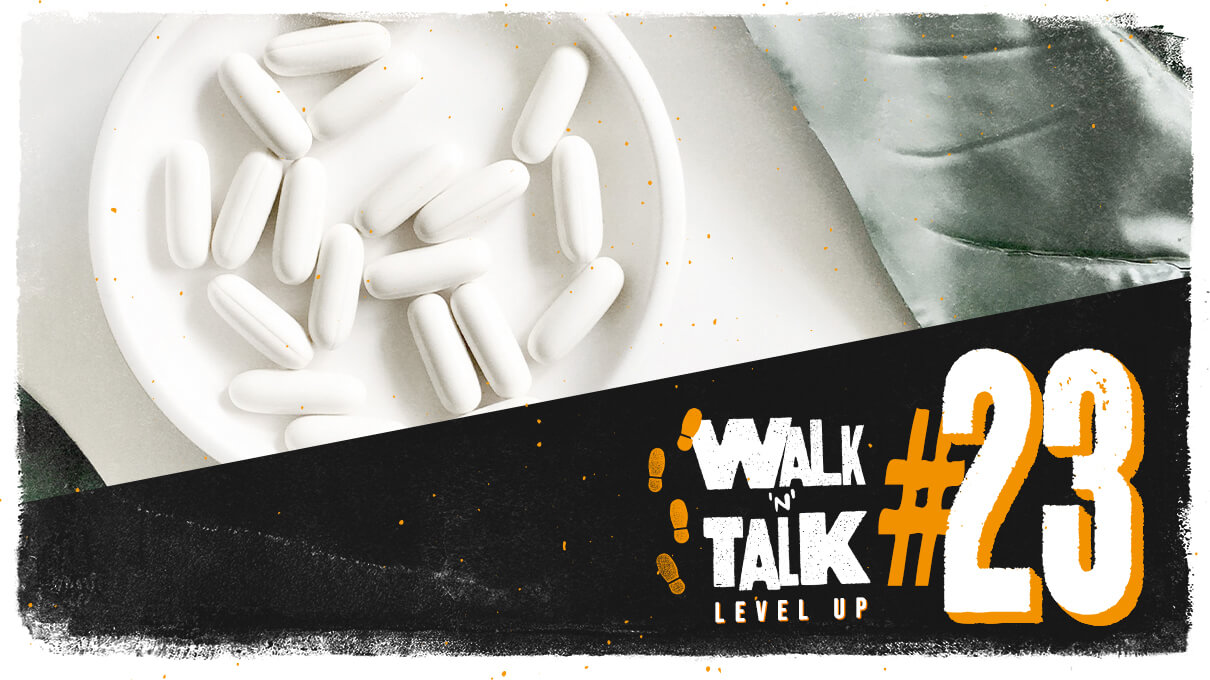








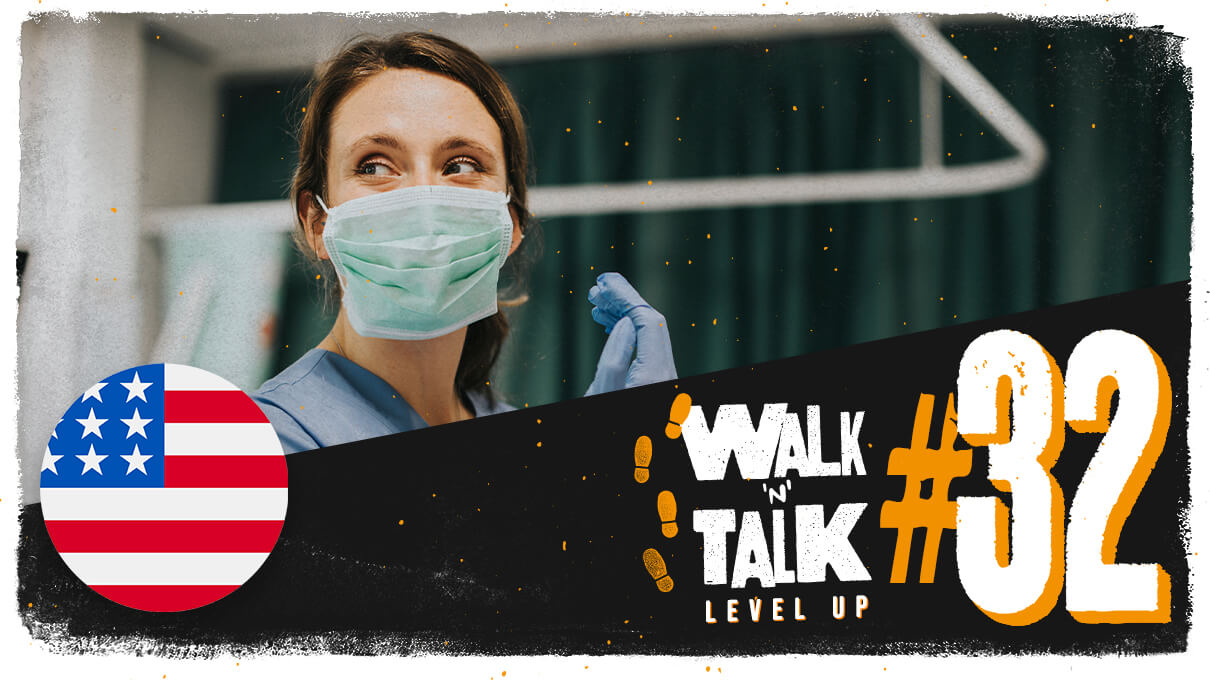

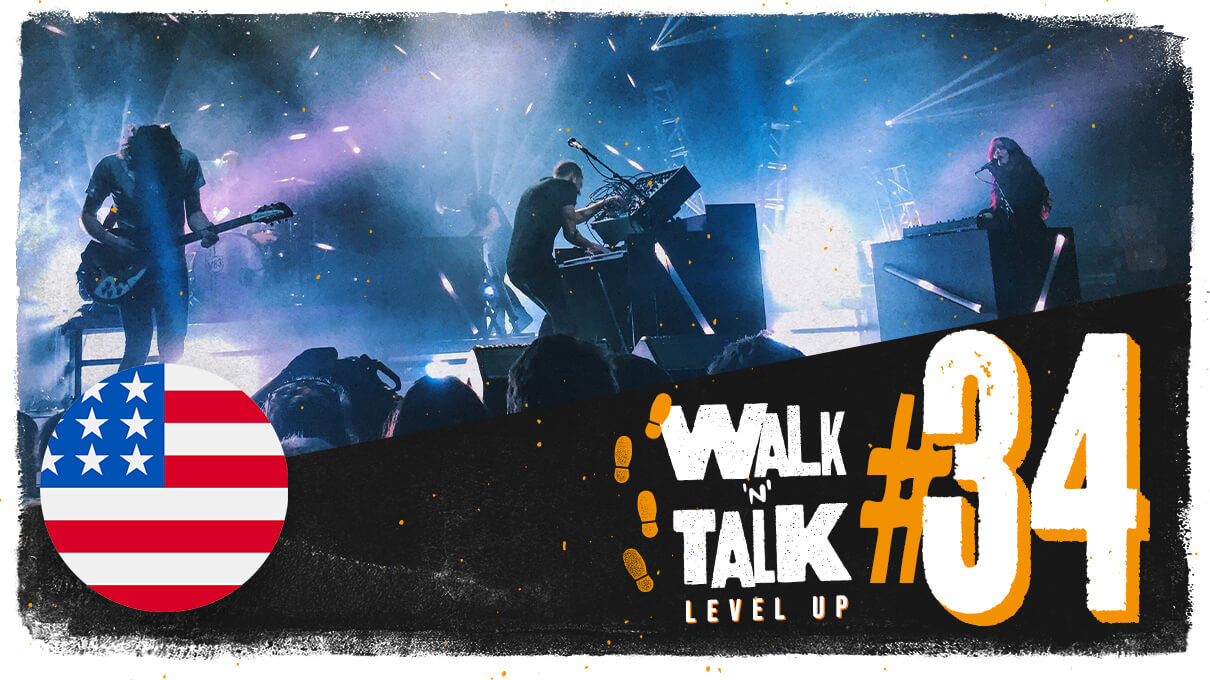





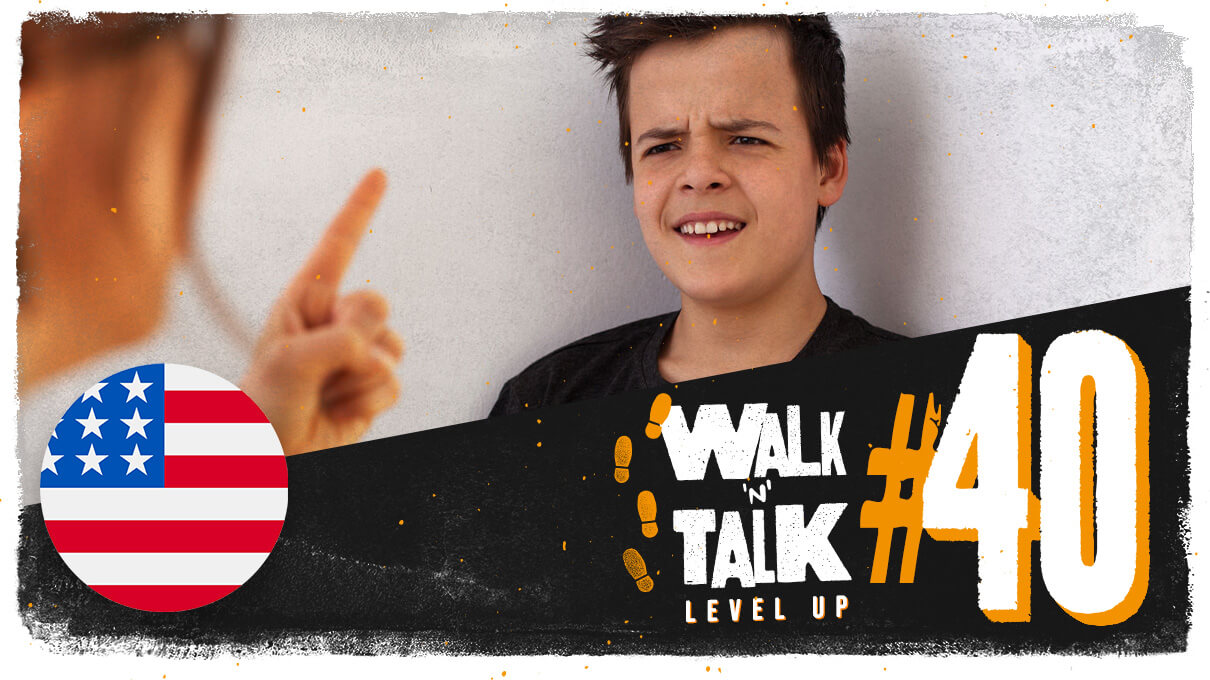












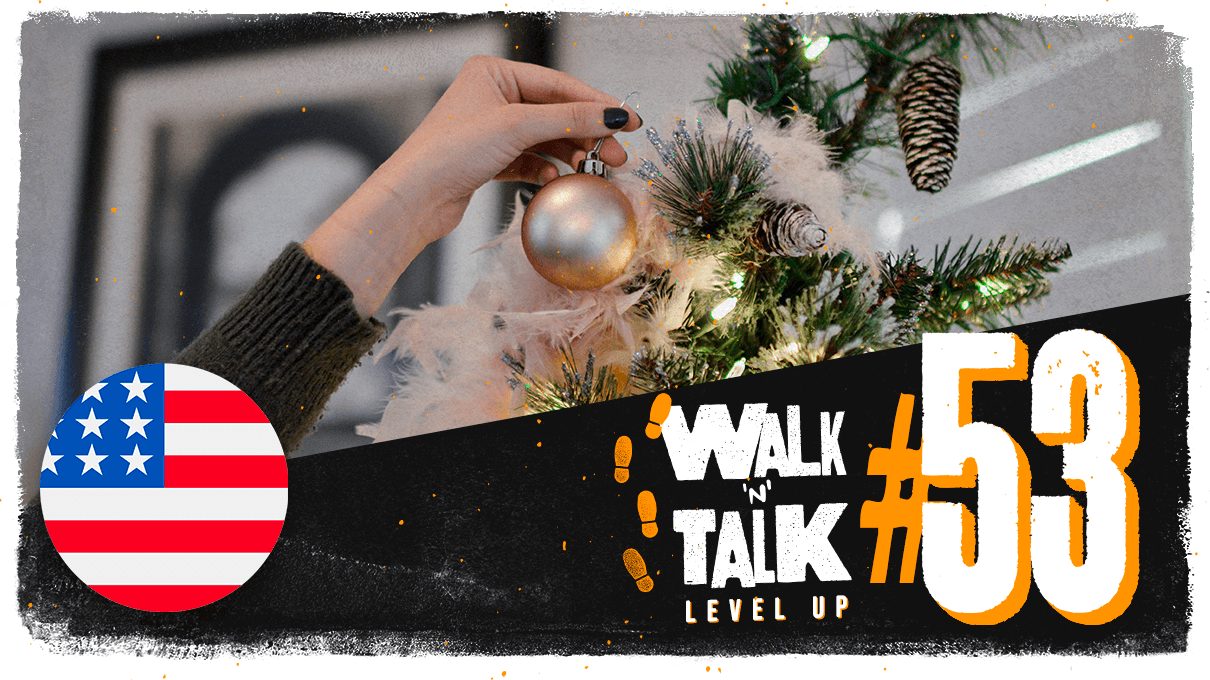
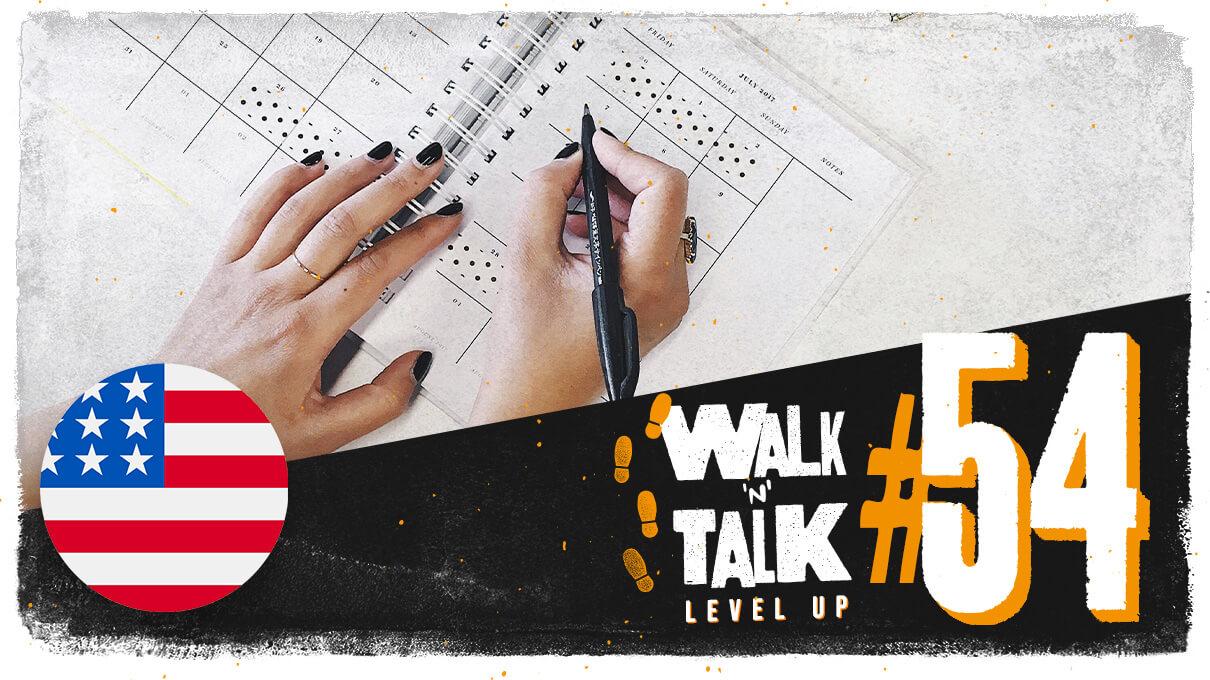









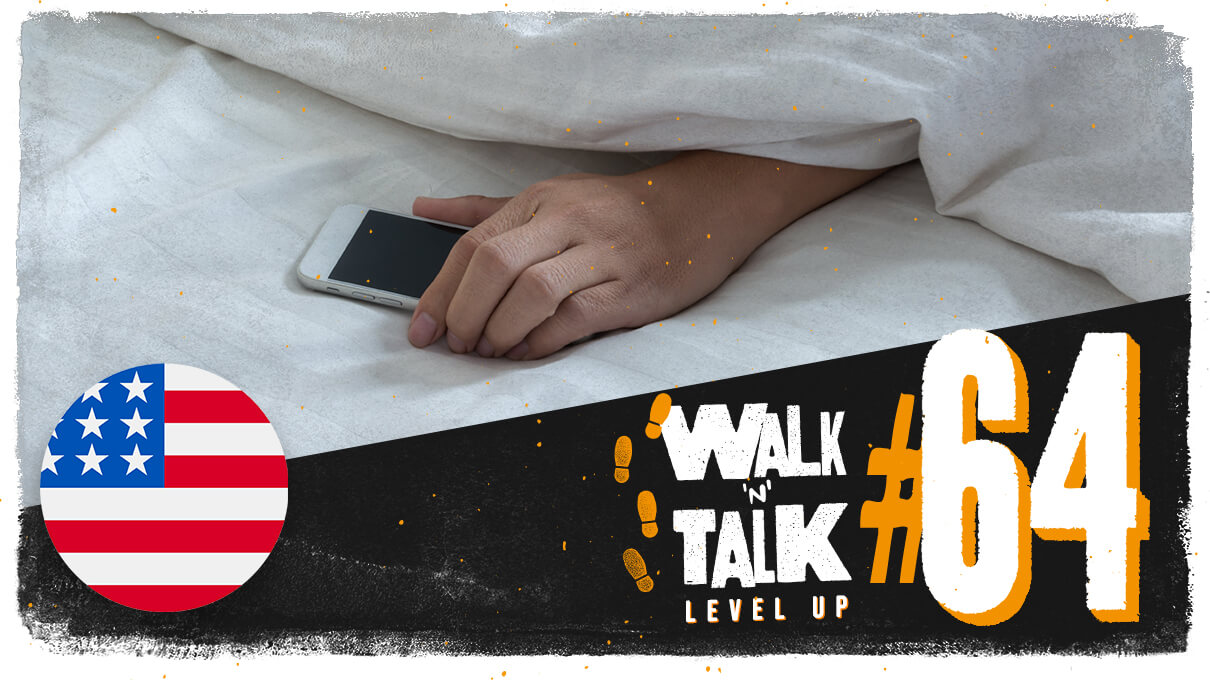





















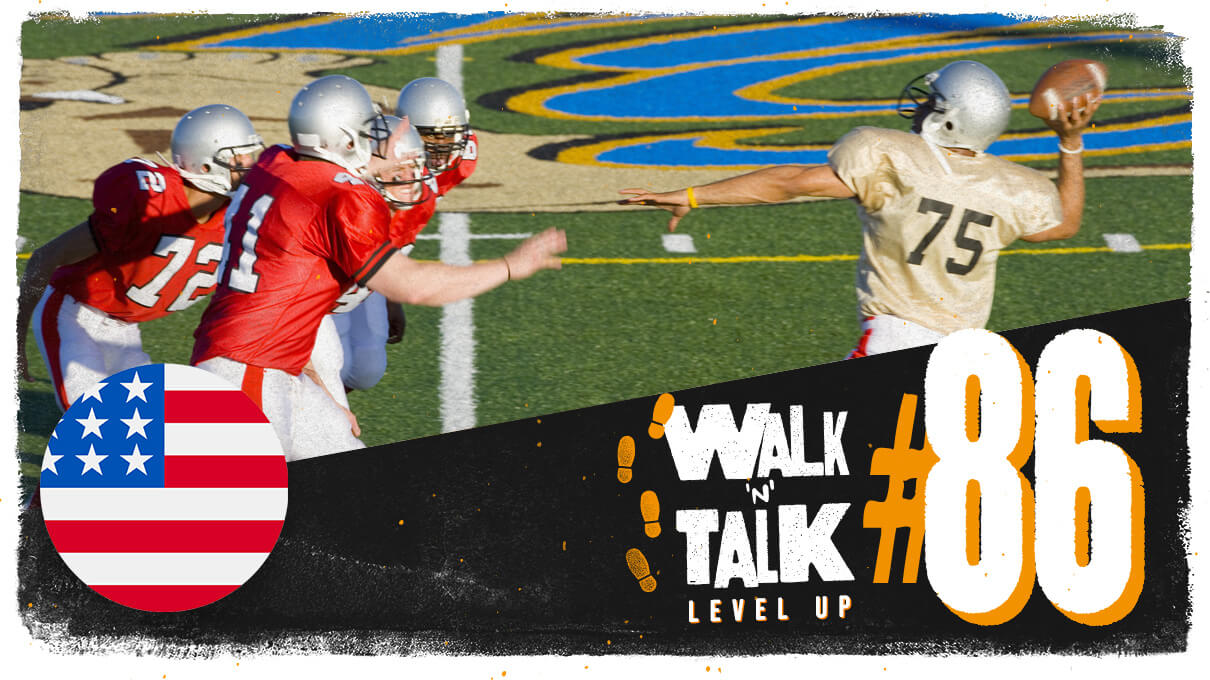





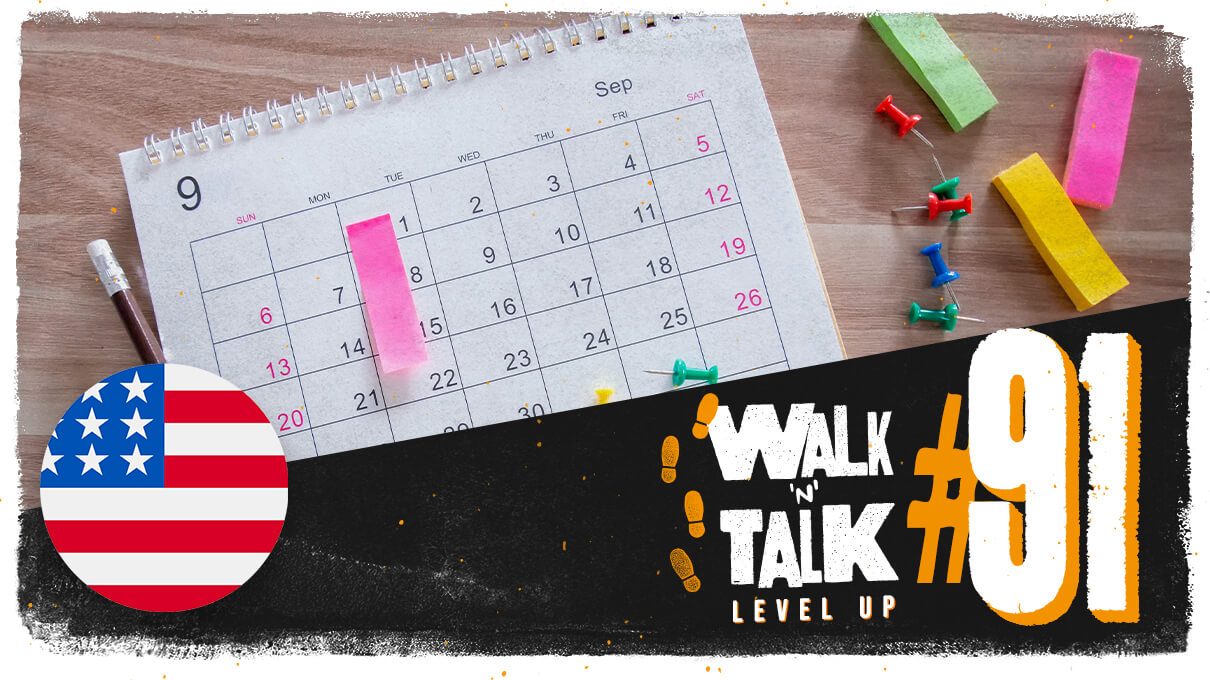

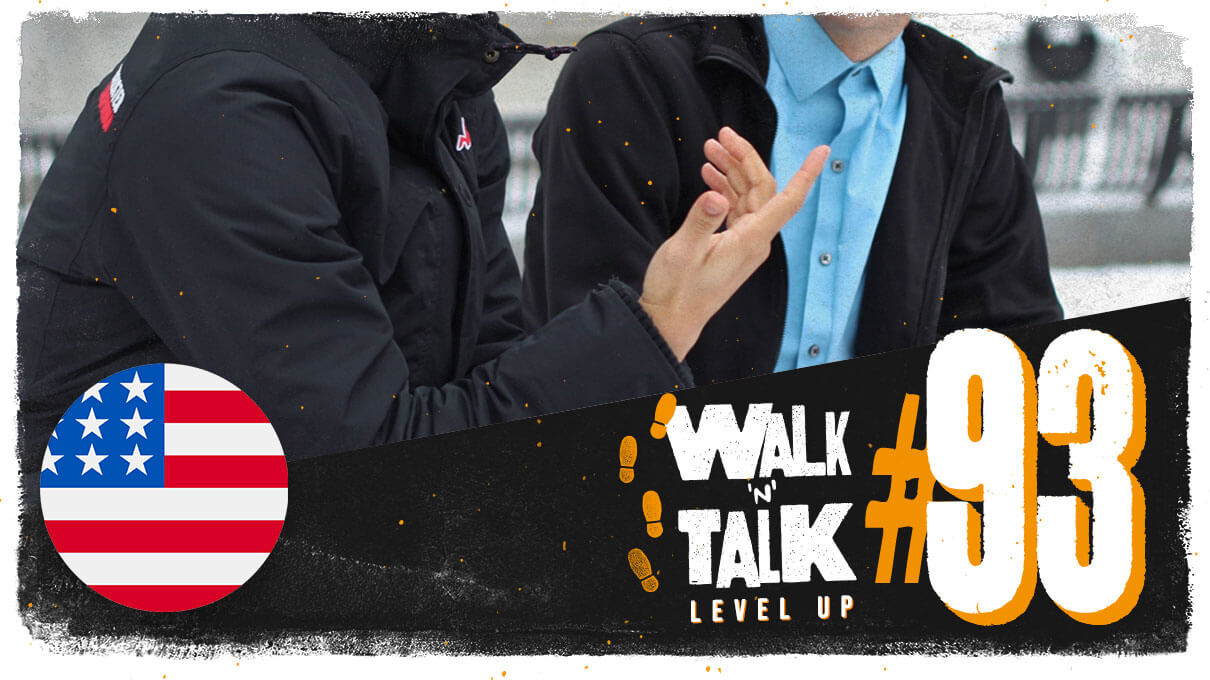
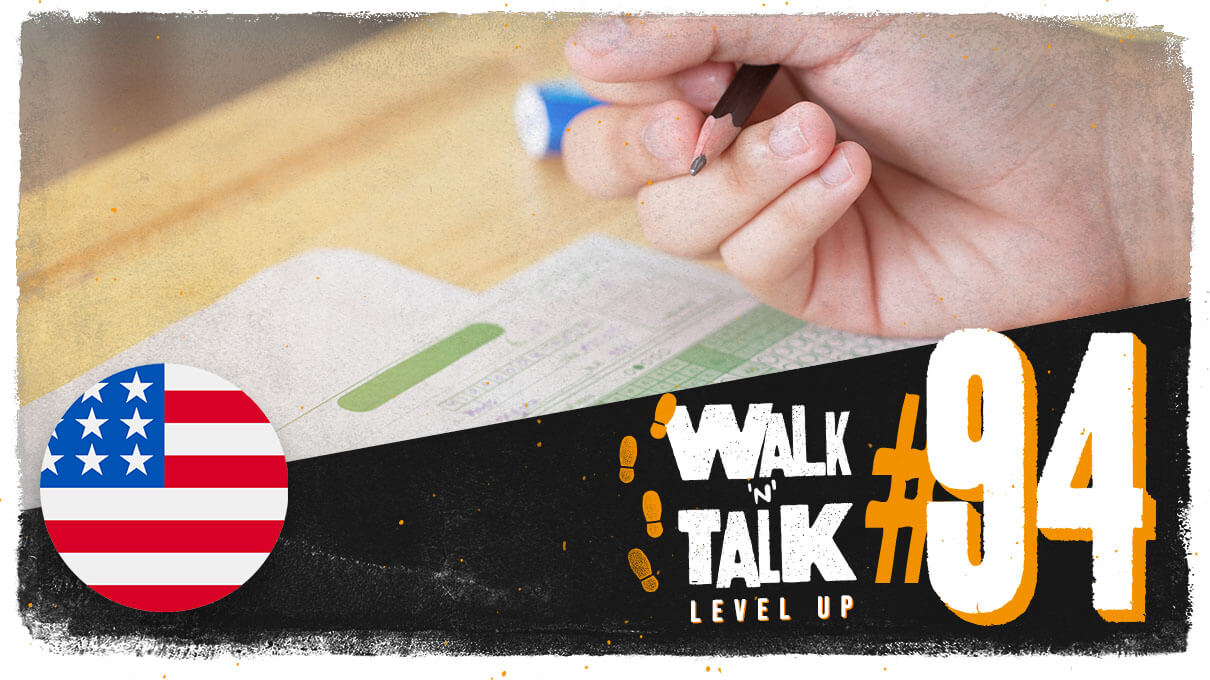
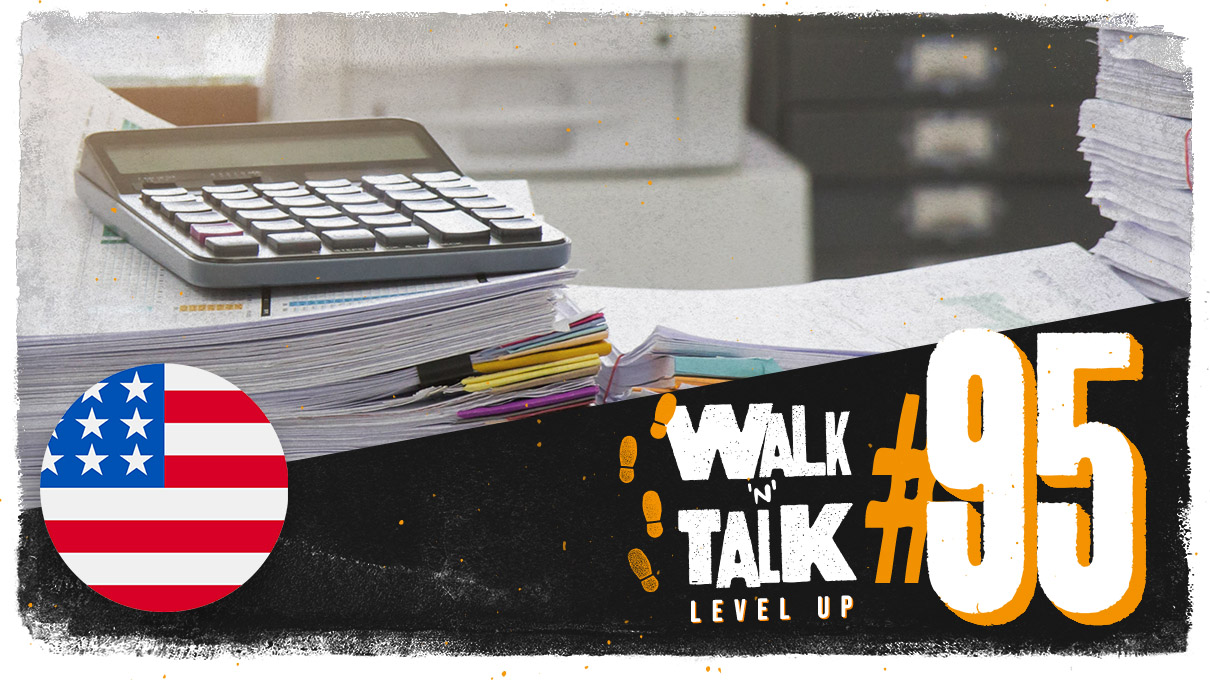




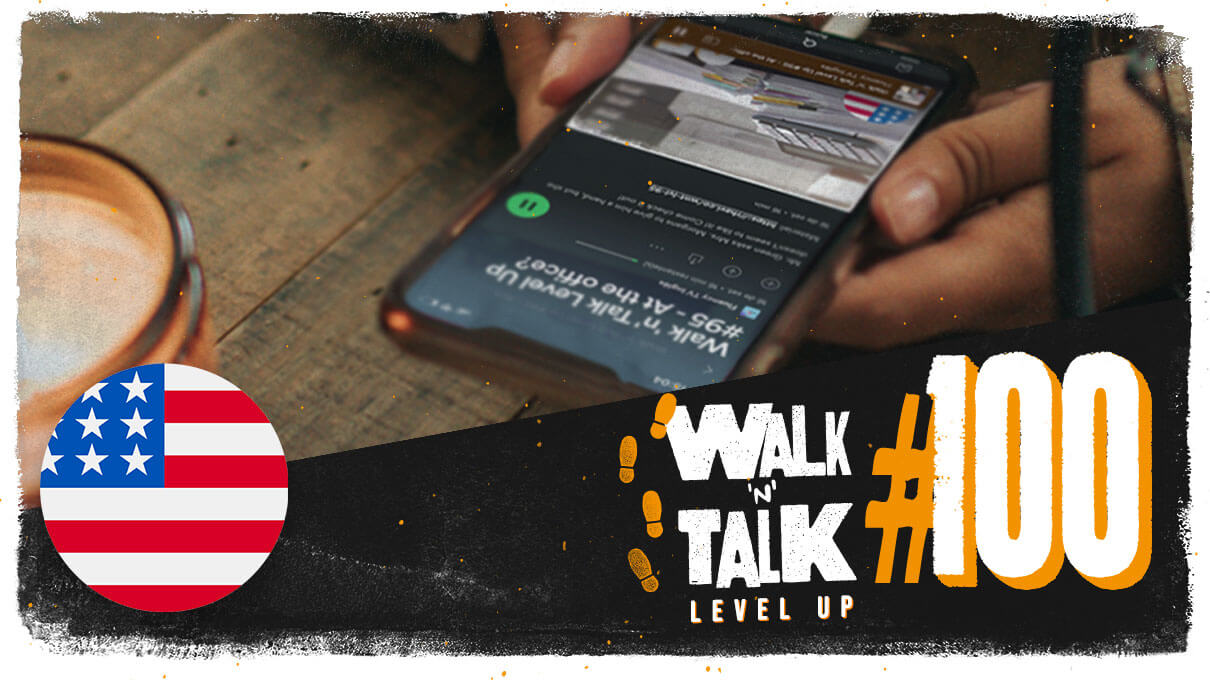








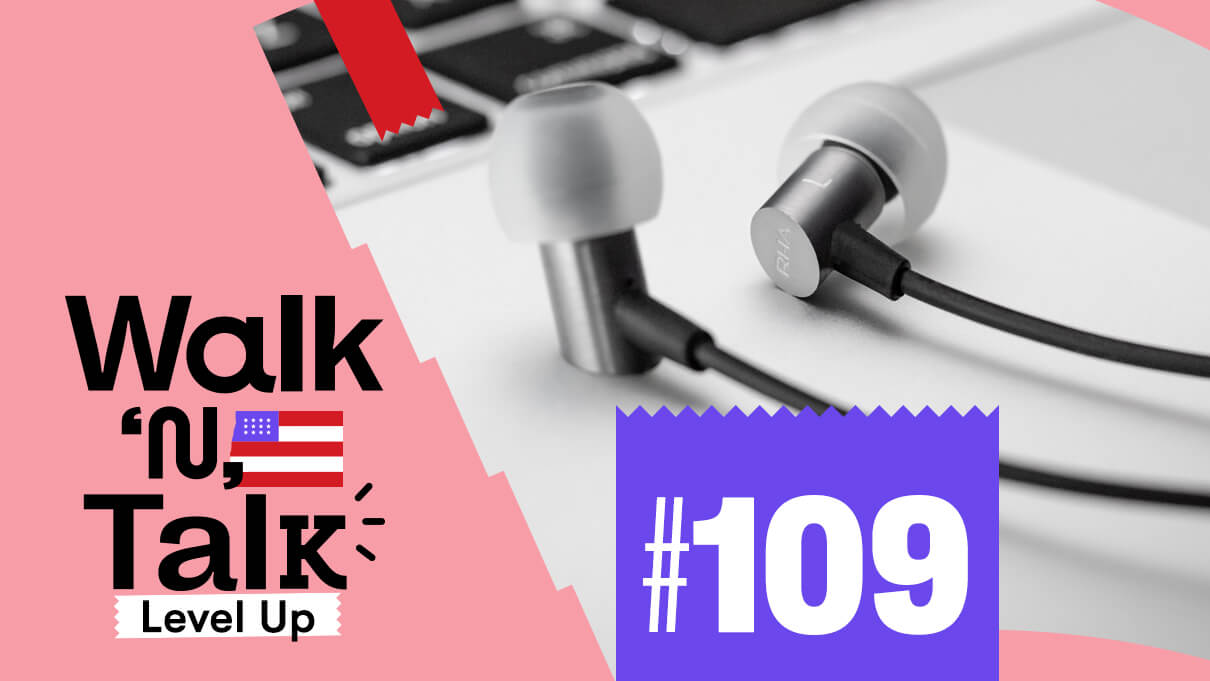












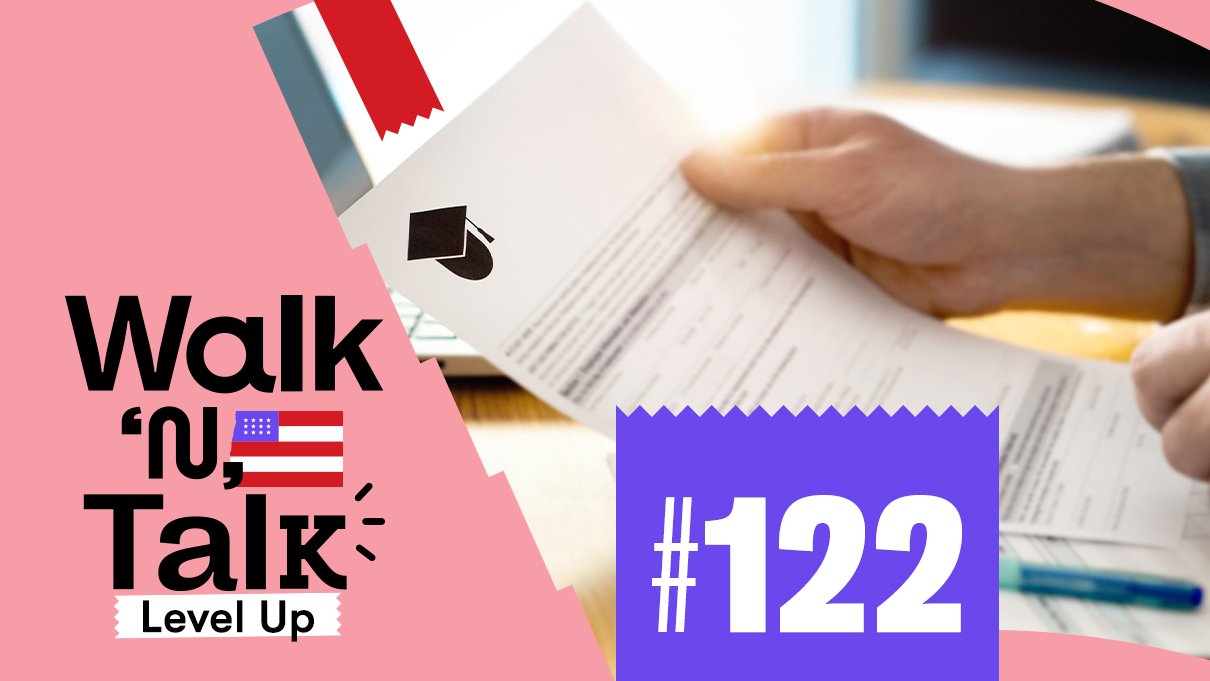





 Curso de Inglês
Curso de Inglês
 Curso de Espanhol
Curso de Espanhol
 Curso de Francês
Curso de Francês
 Curso de Mandarim
Curso de Mandarim
 Curso de Italiano
Curso de Italiano
 Curso de Japonês
Curso de Japonês
 Curso de Alemão
Curso de Alemão
 Curso de Coreano
Curso de Coreano







 Blog
Blog  Podcast
Podcast  Lives
Lives  Aulas
Aulas  eBooks
eBooks  Minicursos
Minicursos





